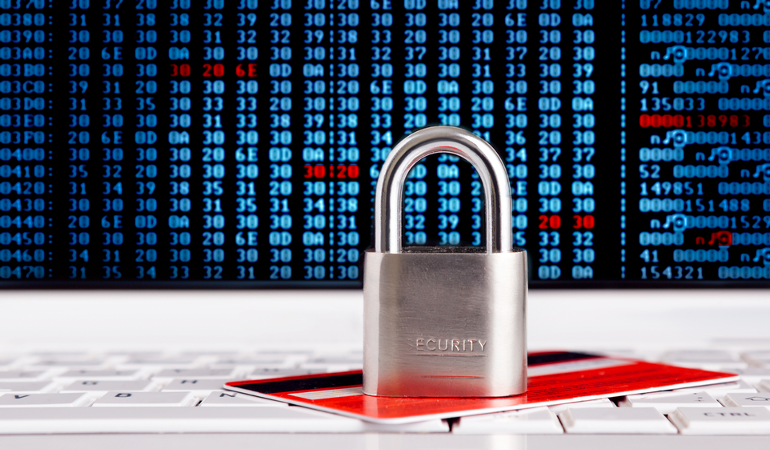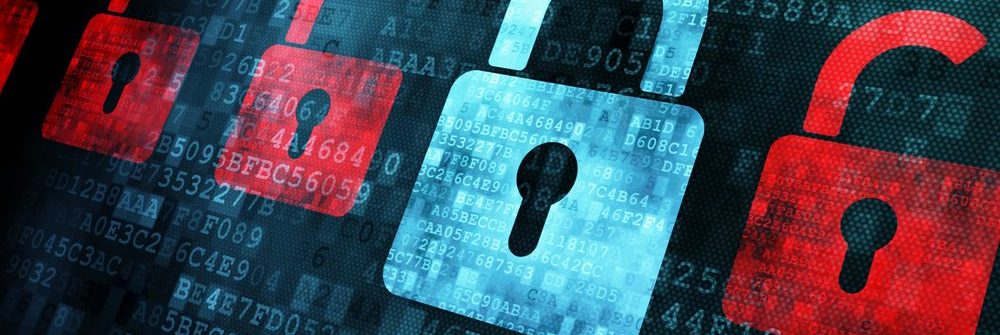The ongoing crises may have completely flipped our world upside down, but something that has helped make life more manageable is digital payments. There is little doubt that digital payments make our lives much simpler by allowing easy transactions with the swipe of a finger.
Unfortunately, the increase in the number of online transactions has also resulted in a significant increase in the number of cyberattacks targeting these transactions. As talk also circulates of transitioning to a totally cashless society, we can’t help but ask the question: are our digital payments really secure?
In this article, we will take a quick glance at just how secure digital payments actually are, and how online ecommerce stores can beef up their security to build trust and assurance with their customers who are using contactless payment tools.
What Security Measures Do Digital Payments Offer?
We live in an era where businesses are at a major disadvantage if they only offer cash. Offering multiple digital payment options is one of the most important features an online store can offer today, as customers expect to have numerous payment methods offered to them.
This is why one of the most important steps that any online business owner can take is to partner with a secure digital payment processor. The good news is that most business owners are aware of this, which explains why payment services have seen a massive increase in growth as a result of the situation created by the virus.
Most online payment and accounting processors used today come with a variety of security measures, including SSL protocols, address verification systems and compliance with the Payments Card Industry Data Security Standards.
But at the same time, many of these measures are simply not enough. Large scale security breaches have jumped by 273% since the coronavirus hit, which means that digital transactions are literally at greater risk than they ever have been. Examples of vulnerabilities that payment systems are commonly exposed to include middleware vulnerabilities, phishing, poor patching, and zero-day malware attacks.
Why Transition to a Cashless Society?
A cashless society as a concept has existed in our imaginations and in science fiction stories for years, but as of late it has been gaining traction as an idea by governments, bureaucrats, financial service companies, and the media in response to the COVID pandemic.
The primary reason for the resurgence of the idea is because of the argument that it can (theoretically) help to reduce the spread of the virus or future viruses. Additional arguments in favor of a cashless society are that it can reduce crime without having physical money to take or launder, easier currency exchanges when traveling internationally, and less costs associated with having to handle and store paper money.
Of course, that doesn’t mean that a cashless society is without its disadvantages either. The potential for data breaches, as we have discussed, would most likely become an even bigger threat. Additionally, there is also the very legitimate concern that a cashless economic system would just be a means for the government to exert more control over the population, as it can make it harder for people to conduct private transactions.
What Can Be Done To Improve Digital Payment Security?
If we are to move over to a cashless society, which may ultimately be inevitable, then taking steps to improve the security of digital payment gateways will be an absolute must.

There are many measures that both online businesses and individual customers alike can take to improve the security of their online transactions as much as possible. One of the most critical is to make it a rule to always use a robust virtual private network (VPN), an increasingly-popular type of security software for keeping your data private. The best VPN services work by encrypting any and all information you submit over your internet connection, meaning that any payment information you submit online will be encrypted as well. Most VPNs out now make use of AES 256-bit encryption
Another is to consider relying on blockchain-based systems, which offer much-improved anonymity and the lack of a single point of failure thanks to its decentralized system. Blockchain technology and cryptocurrencies will also likely to see a massive increase in adoption rates should cash be entirely eliminated.
Conclusion
Are we truly ready for a cashless society? The short and simple answer is that a cashless society is most likely inevitable in the upcoming years, but at the same time, digital transactions are most likely not secure enough to warrant a complete elimination of paper money as we know it.
Getting the economy up and running against as we emerge from the current public health crisis is a top priority for world leaders. With the use of cash and paper checks being discouraged and many banks becoming permanently closed, it’s likely that in the upcoming years the digitization of payments will be treated as a necessity to help society ‘reset’ itself for the post-pandemic world.
Measures such as PCI compliance are certainly effective, but more measures need to be taken by payment service providers and financial institutions as the threat from cybercriminals gets worse.
